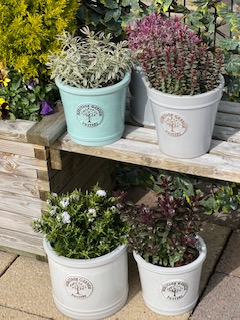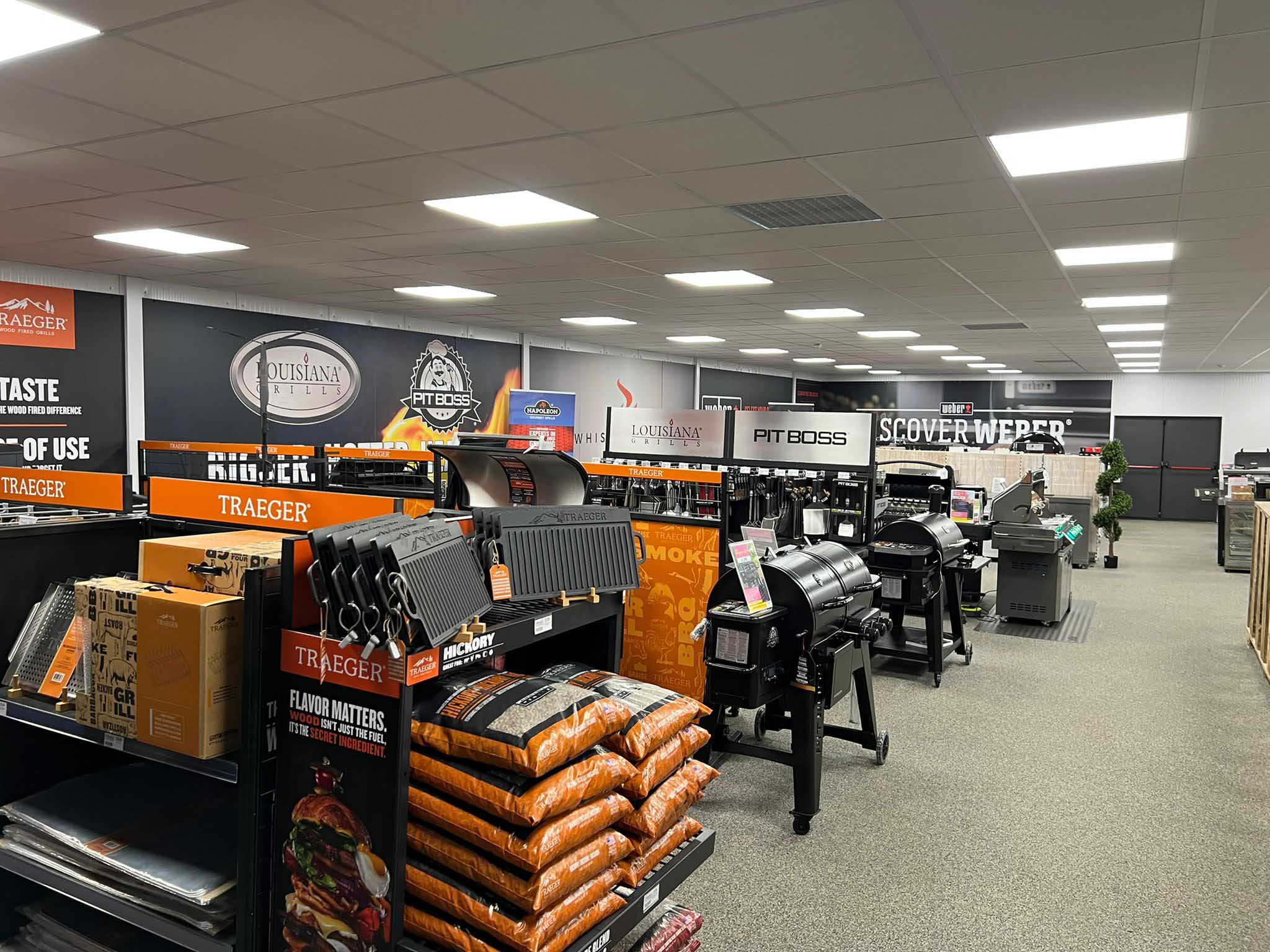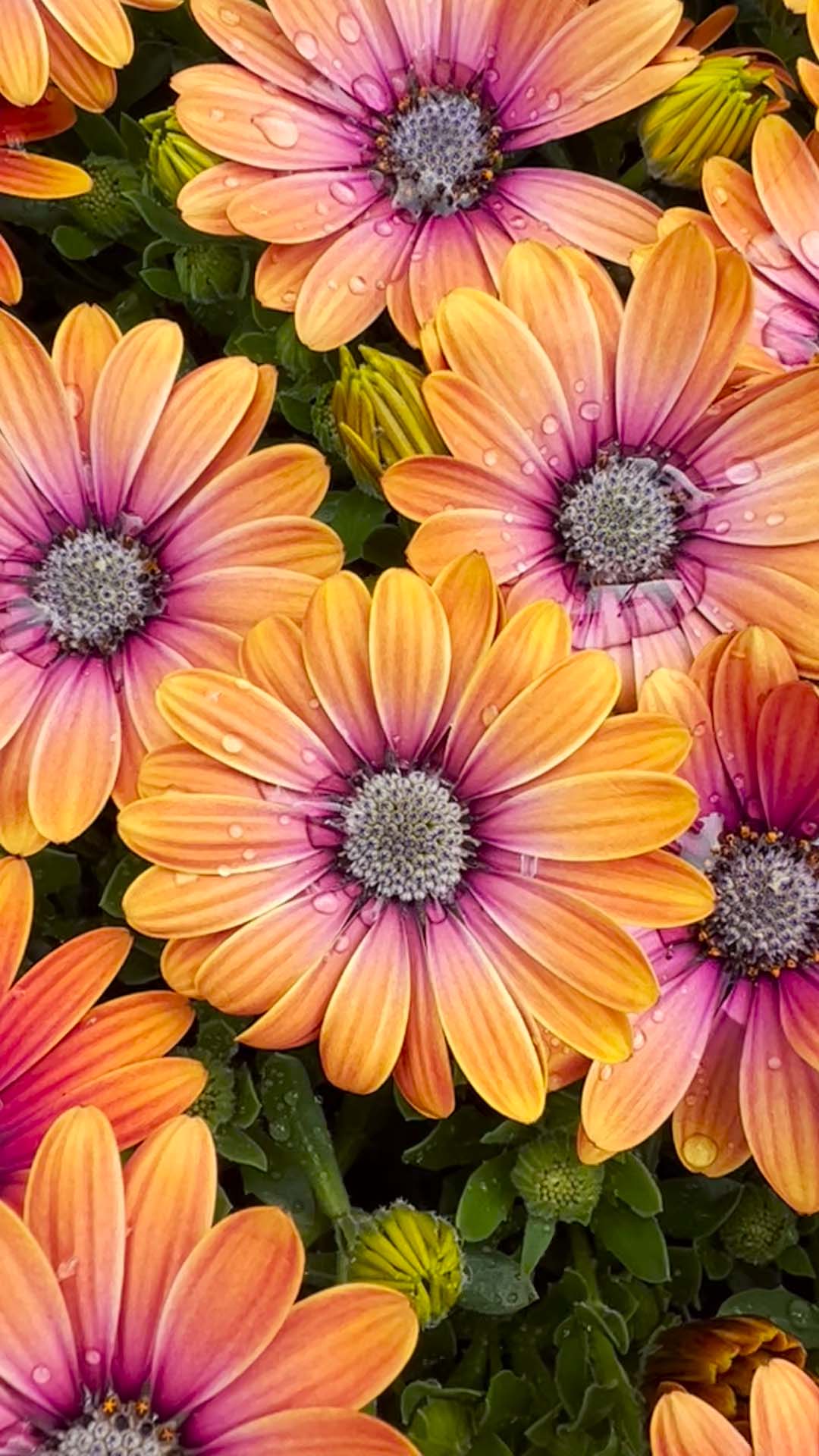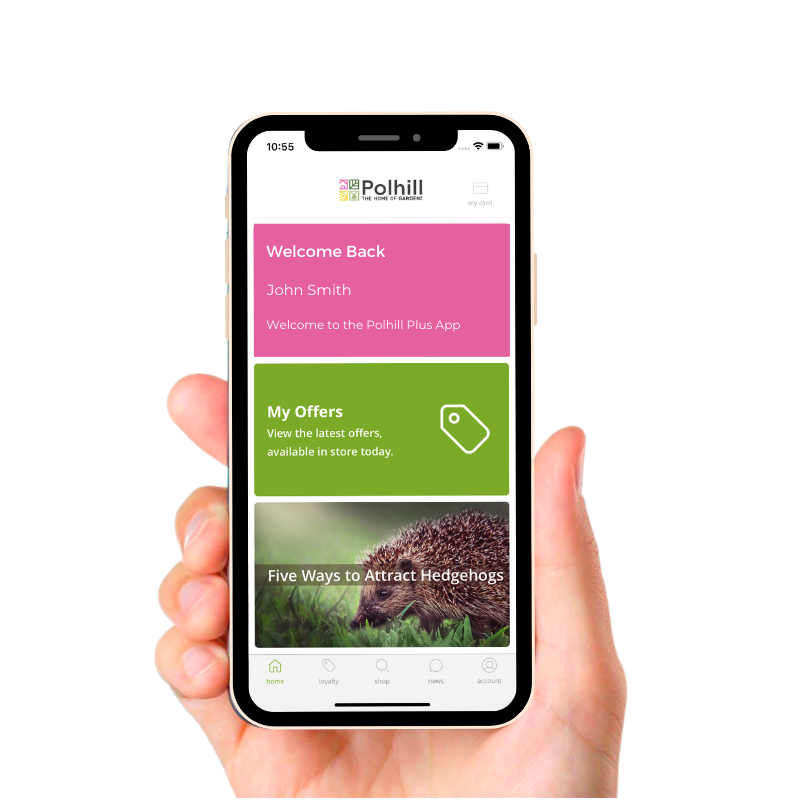Blog, Gardening Advice, News & Offers
75% of Global Crops Depend on Bees
We are excited to bring your attention to the crucial role that bees play in the health and beauty of any garden in support of Earth Day on the 22nd of April 2023.
Why are bees important?
Josh says, “Bees are essential pollinators that help plants reproduce and thrive. With the decline in bee populations worldwide, creating a safe environment in your garden is more important than ever. Crops that depend on pollination are five times more valuable than those that do not.”
“Not only will supporting bees benefit your garden, but it will also help support the larger ecosystem. Bees play a vital role in pollinating plants that provide food for humans and other animals. By supporting bees, we are also supporting the health of our planet.”
Honeybees face several threats from climate change, unsuitable cold and wet weather conditions, the use of pesticides, pests, diseases and loss of forage.

CREATING A ‘BEE-FRIENDLY’ GARDEN
-
Planting
Plant a range of flowers in your garden so bees have access to nectar from March to October. Bees love traditional cottage garden flowers and native wildflowers, like primrose, foxglove, and marigolds.
-
Water
Providing a small amount of water such as a bird bath or water feature for your bees can help with survival rates as they rely on it to stay hydrated and healthy. Bees also use water to cool down the hive when temperatures rise too high.
-
Create a bee house
You can build or provide a bee house in your garden or balcony, so they have a safe place to rest and breed without the threat of predators. Ensure that if you do decide to set up a bee house, it is placed away from the house, children or pets in a quiet location.
-
Avoid using pesticides
It is also important to avoid using pesticides and insecticides in gardens, as these can be damaging to bees.
Josh says, “We can all do our bit to help bees, whether that’s in our gardens, balconies, or windowsills. You can also chat with friends and family about how important bees are and help them to make their wild spaces bee-friendly. Another thing we can do to help bees in the UK is to create homemade fertiliser for our gardens. This will provide them with improved nutrition and help keep their population healthy.”
“Pesticides can harm or kill animals like squirrels, owls and a whole host of other wildlife. If you need to use pesticides in your wildlife-friendly garden, we recommend opting for natural pesticides instead, which contain natural ingredients and will not harm beneficial insects such as bees and ladybirds.”






-
Plant the right plants!
Josh explains, “Bees can see the colour purple more clearly than any other colour, and some of the best bee plants, such as lavender, alliums and buddleia, have purple flowers. Double-flowers are beautiful, but sadly there are too many petals for the bees to reach the nectar. So, opt for more single-flowered varieties such as ‘Dahlegria Red’, ‘Bishop of Auckland’ and ‘Totally Tangerine’.”
There are also several other plants that will attract butterflies and bees to your garden too, such as:
- A Centranthus Ruber is also known as a Red Valeria, which often flowers early and continues well into midsummer.
- A Hebe, not only is it a reliable evergreen shrub, hebes attract a range of insects, in particular bees and butterflies.
- Erysimum ‘Bowles’s Mauve’ will flower from Spring into Autumn if they are consistently deadheaded. These provide nectar for butterflies and bees both early and late in the year.
- Bees and butterfly-specific bulbs – Opt for summer-flowering bulbs that can be planted when the last risk of frost is over. It is best to plant them in a sunny location in the garden, for the best flowering results.
- Dahlias (single-flowered varieties) Dahlegria Red’, ‘Bishop of Auckland’ and ‘Totally Tangerine’.








